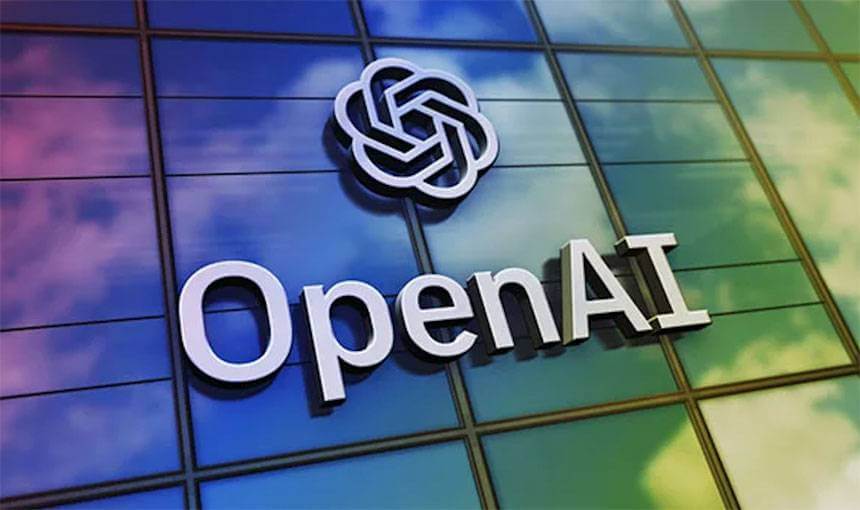Alibaba's Qwen-VLo is emerging as a strong contender to OpenAI's GPT-4o in the rapidly evolving landscape of AI image models, showcasing impressive capabilities in visual understanding and generation. This new model from the Chinese tech giant is designed to enhance image content understanding and generation, providing users with a more advanced visual creation experience.
Key Features and Capabilities Qwen-VLo represents a significant upgrade from the previous Qwen-VL series, with a focus on improved handling of complex prompts and more precise results. Its standout features include:
- Progressive Generation: Qwen-VLo employs a step-by-step image construction method, allowing users to observe the image rendering in real time. This approach enhances transparency and user control, enabling adjustments to parameters like lighting or object placement during the generation process while maintaining semantic consistency.
- Context-Aware Image Editing: The model excels at making specific changes to images, such as altering colors or backgrounds, without affecting unrelated areas. This capability addresses a common problem in earlier models where minor edits often led to unwanted changes in the overall picture.
- Creative Flexibility and Style Understanding: Qwen-VLo is designed to understand the context behind a user's request, allowing it to generate images that resemble specific weather conditions, art styles, or historical periods.
- Multilingual Support: Qwen-VLo supports multiple languages, including Chinese and English, making it more accessible to a global audience. The broader Qwen model series supports over 29 languages, positioning it for diverse global applications.
- Multi-Image Processing: While still in development, Qwen-VLo has the ability to take in multiple images and combine elements from them based on user instructions.
- Dynamic Resolution Training: Qwen-VLo enables users to resize images into various formats, including square, portrait, and widescreen, using dynamic resolution training.
Qwen-VLo vs. GPT-4o
Qwen-VLo is positioned as a competitor to OpenAI's GPT-4o, offering several advantages in specific areas. While GPT-4o is a robust multimodal model, Qwen-VLo demonstrates particularly strong capabilities in detailed data extraction tasks like document understanding and visual question answering. Benchmarks have shown QwenVL outperforming GPT-4 Vision in certain tests, highlighting its expertise in high-precision data extraction.
Qwen-VLo's progressive generation feature also sets it apart, providing real-time interactive visual feedback, unlike GPT-4o, which relies more on iterative text-based refinements. Additionally, Qwen-VLo's multilingual capabilities and focus on Asian languages give it a strategic advantage in non-Western markets.
Practical Applications
Qwen-VLo's capabilities extend to various practical applications across different industries:
- Design and Marketing: The model can convert text concepts into polished visuals, making it ideal for ad creatives, storyboards, product mockups, and promotional content.
- Education: Educators can use Qwen-VLo to visualize abstract concepts interactively, enhancing accessibility in multilingual classrooms.
- E-commerce and Retail: Online sellers can generate product visuals, retouch shots, or localize designs for different regions.
- Social Media and Content Creation: Content creators can use the model for fast, high-quality image generation without relying on traditional design software.
- Image Annotation: Qwen-VLo can perform image annotation-related tasks such as edge detection, segmentation, and prediction mapping.
Accessibility and Performance
Alibaba has made Qwen-VLo accessible for free on its Qwen Chat platform, allowing users to experiment with the model without requiring a login. In terms of performance, Qwen VLo delivers faster generation times and higher API rate limits compared to some competitors. While its image quality and instruction-following precision may slightly trail behind models like Google's Imagen 3 and OpenAI's GPT-4o, its speed and accessibility make it an attractive option for users who prioritize quick turnarounds and batch generation.
Future Potential
Alibaba envisions AI models like Qwen-VLo evolving into tools that can express ideas and emotions through visuals, going beyond just generating beautiful images. The company is also exploring the use of image segmentation and detection maps to improve the model's understanding of objects and scenes within an image. As the AI race intensifies, Qwen-VLo highlights Alibaba's ambition to solidify its position as a global leader in generative AI.

















